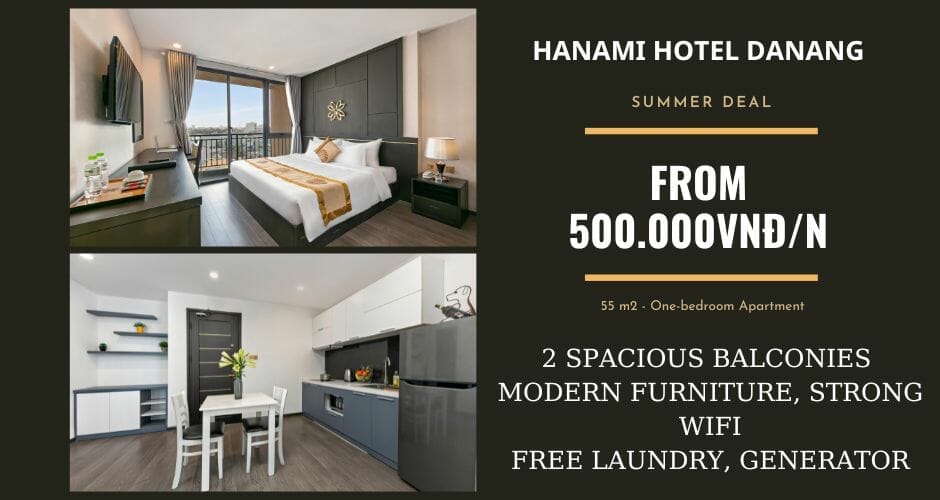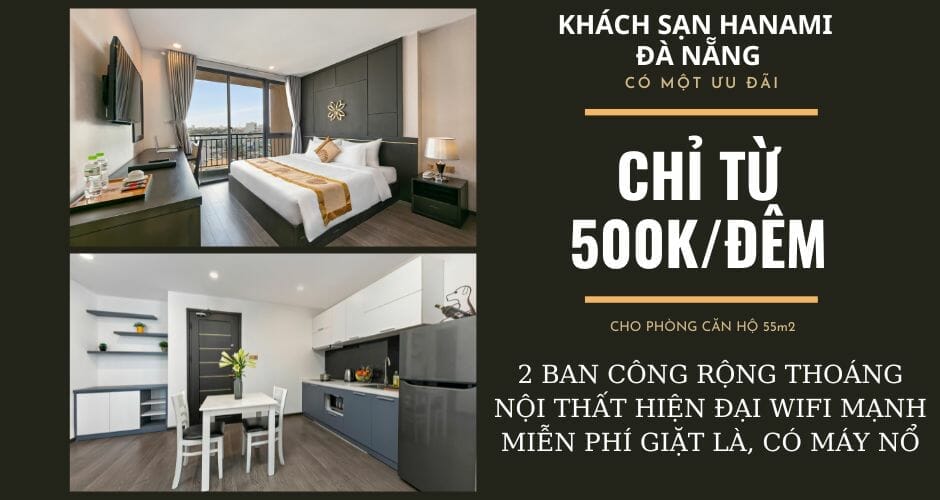Customers can now freely select from a variety of search and hotel-finding methods thanks to the development of the Internet. The hotel must therefore create a high-quality, user-friendly website. Yet these days, several hotels frequently stop maintaining their own websites, which makes visitors less interested in the hotel’s website.
Why are customers uninterested in the hotel website, then? Follow Hanami‘s article, “7 causes of customer dissatisfaction with hotel websites,” to find out!
Many advertisements on the website irritate customers
Customers will be drawn to content like advertisements that continuously appear, but they will also find them uncomfortable.

Advertising on the hotel website is also one of the ways to help the hotel maximize its revenue, but it should not appear too often and make viewers feel uncomfortable.
Instead of advertising, hotels should increase content about the hotel, such as videos and articles, to increase attraction and make customers curious about your hotel.
Slow website loading
According to some surveys, approximately 40% of users will no longer visit that website if the loading speed exceeds 3 seconds. This is one of the most common reasons for users to leave the hotel website.

As a result, the website’s revenue does not meet expectations, you do not have a consistent source of visitors, and the amount of web traffic decreases.
Lack of contact information
When customers visit a hotel website, they are usually most interested in the contact information. Customers will perceive a hotel that lacks contact information as less professional.

Furthermore, they will be confused, scared, and distrustful because they will not know how to contact the hotel and will not be aware of any promotions or new services.
A basic hotel website should include some basic information such as the hotel address, phone number, e-mail address, and so on. In addition, a live chat window on the website allows customers to chat directly with the hotel’s customer service when needed.
Unrealistic images
Customers nowadays often feel more secure when they read articles with illustrations on websites. Customers read and carefully review some illustrations and descriptions of the hotel’s services and facilities on the hotel’s website.

However, if the hotel posts unreal images, customers will lose faith in the hotel and become disinterested.
Customers will use real images to evaluate the image quality and service of the hotel because they have only seen it but have not actually experienced it. As a result, the hotel should begin a collection of high-quality photos that are representative of the hotel’s offerings in order to attract customers and maximize the effect.
Title and content are inconsistent
Customers will always be interested and curious about an article with appealing and approachable titles. However, customers will feel uninterested if the titles of some articles do not match the content.
Customers become frustrated and are less likely to visit your website again as a result of the hotel not giving them accurate information.
For the post to be comprehensive and effectively draw readers and potential customers, the title and content must be closely related to one another. Also, utilize a lot of illustrations to encourage frequent interaction and enjoyment among website visitors.
The website is not mobile-friendly
Mobile technology has become an integral part of contemporary life. You only need a phone to access the internet via wifi or 3G, making it simple to find and acquire the necessary knowledge. As a result, the fact that the hotel’s website is not mobile-friendly will significantly affect the user’s experience, making them uncomfortable, dissatisfied, and, of course, causing them to leave the hotel’s website.

Consequently, make an effort to provide users with the best possible mobile experience. Customers frequent the hotel’s website and engage with it because of this.
Social sharing is not yet possible
Social networks, particularly Facebook, are becoming more and more popular, with more individuals using them. The ease of connecting and exchanging information provides a platform for hotel businesses to advertise and draw visitors. Hence, don’t forget to incorporate the fan page for your hotel into your website.

With the rate at which information spreads and the number of people who use social media, the hotel will undoubtedly be known to a large number of customers, contributing to increased traffic on the hotel website.
Currently, the hotel’s website is an essential part, so it needs to be constantly maintained and know how to reach more visitors. The article “7 causes of customer dissatisfaction with hotel websites” may have helped the hotel identify the issue and find a workable solution. Stay tuned for more updates.
Về tác giả:
Chúng tôi không kiếm lợi nhuận từ nội dung đăng tải. Các bài viết đều được biên soạn và kiểm duyệt bởi đội ngũ tác giả và biên tập viên của công ty TNHH du lịch khách sạn Hana. Xem thêm: về tác giả




